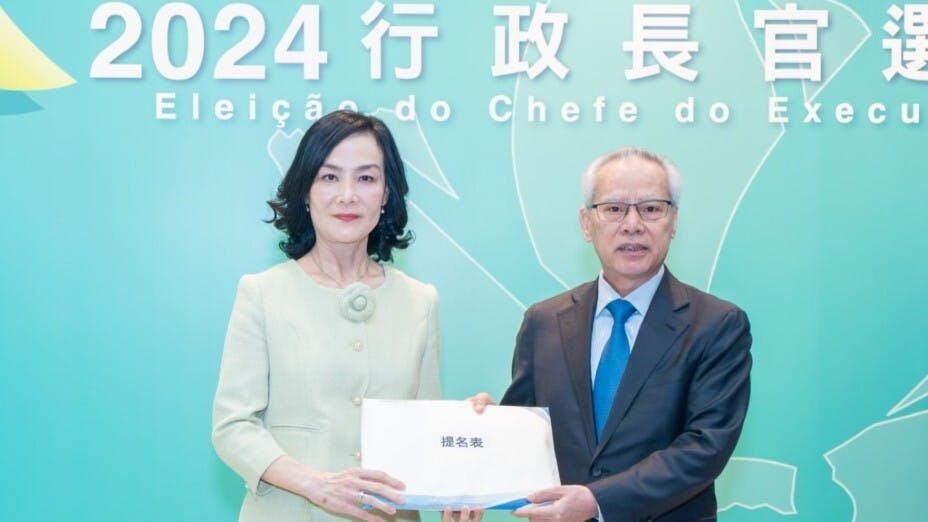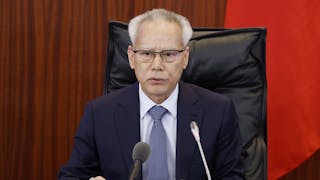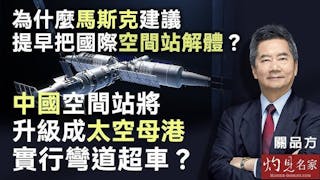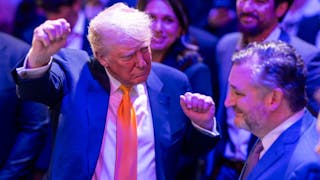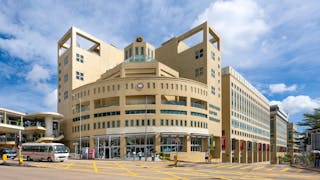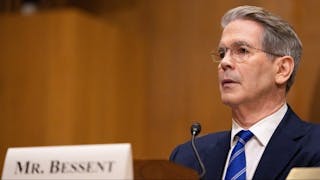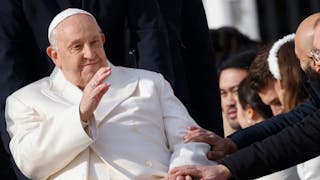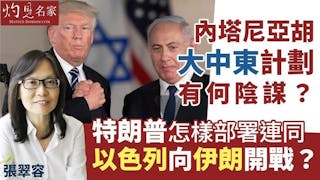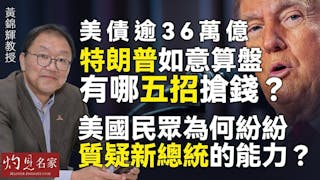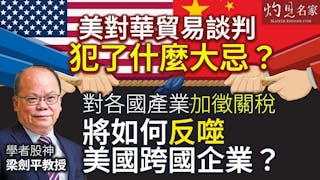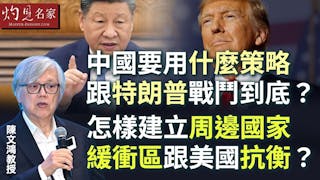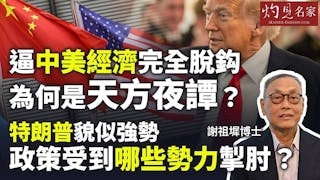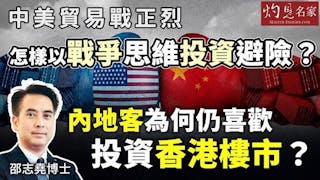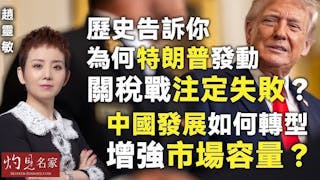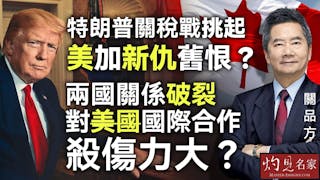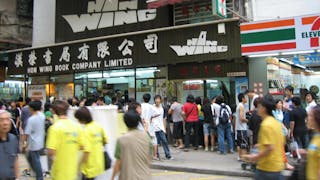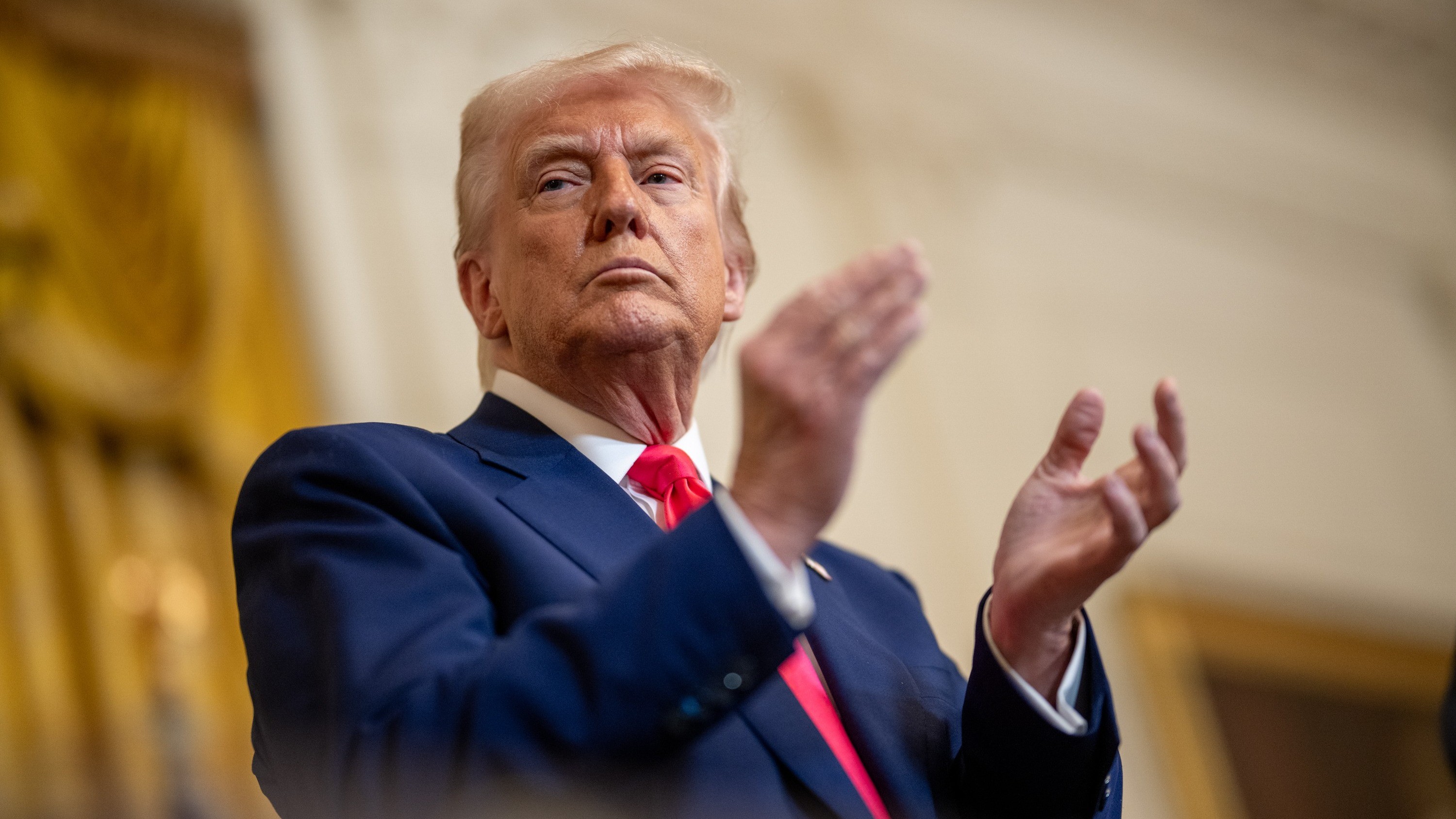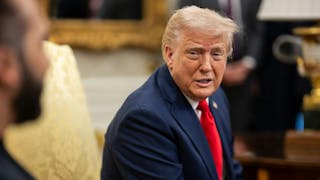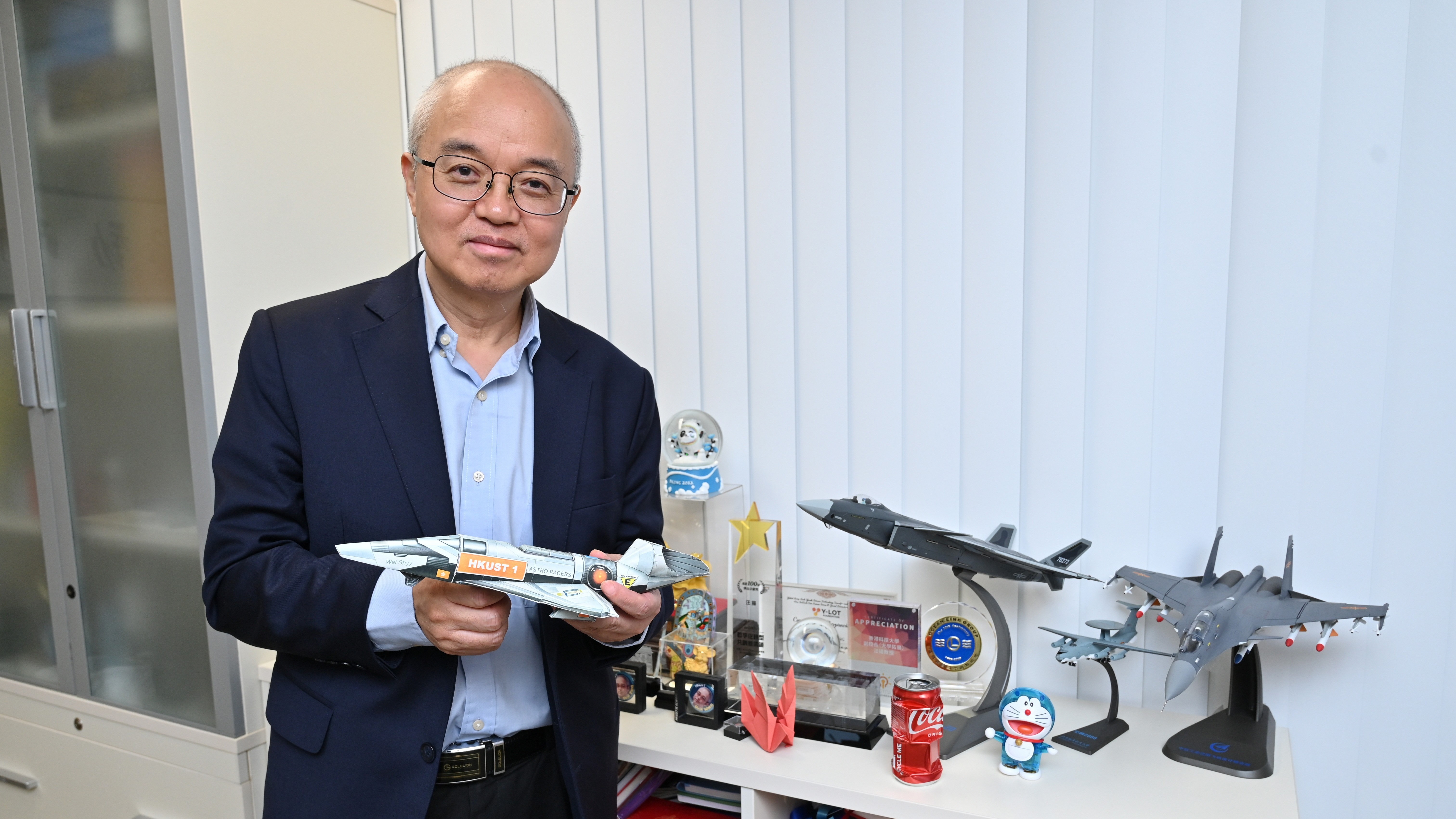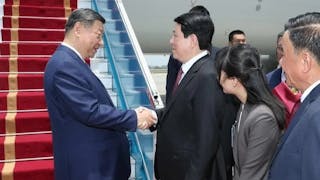在仔細閱讀澳門行政長官選舉唯一候選人岑浩輝的競選綱領之後,我深切感受到他和競選團隊已經為澳門制定了一份充滿願景和使命的改革方案。
改革方案從多方面提升澳門政府的施政能力,同時承諾致力維護澳門的國家安全和完善一國兩制的兩大政策目標,希望利用內地優勢,並透過與澳門、橫琴及大灣區更深入的融合,實現經濟多元化,將原本由博彩業帶動的市場經濟轉向多產業模式的發展。
競選綱領雖然沒有把維護國家安全放在首位,但其實相關內容已融入「提升國家安全」的第一部分。岑與他的競選團隊是務實的規劃者,認識到提高澳門治理能力和水平的必要性至關重要,而他們一直強調維護國家安全、社會安全和發展利益的重要性。
關於深化公共行政改革、完善政府機構和部門職責這一段,是公務員隊伍中最關鍵的一段。當中強調要解決部門「臃腫」、「職能交叉」、「效率低下」、「權責脫節」等問題,似乎已經發現了澳門官僚機構的弱點。岑浩輝的秘書們將如何拿出具體的補救措施和解決方案還有待觀察。同樣,領導、管理和公務員制度將如何改革,以及這些改革與績效評估和晉升有何關係,還有待觀察。
公共行政改革中,最令人感興趣的部分是完善司法體系的構想。岑浩輝曾擔任終審法院院長的經驗在此發揮一定作用,競選綱領討論了需要審查訴訟程序,建立終審法院和中級法院的助理制度,提高法庭案件的效率、質量和數量,這是衡量改革的明確標準。
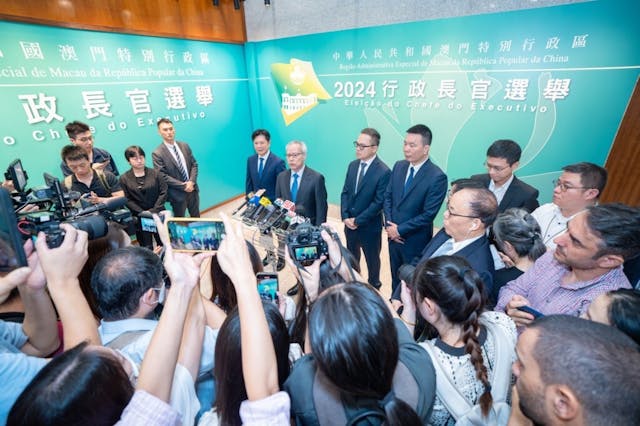
確保愛國者治澳 修訂官員相關法規
為維護中國《憲法》和澳門《基本法》的權威,確保愛國者治澳,競選綱領提到需要修改現有有關公共行政人員、公務員領導人員和立法會議員的立法和法規。更值得關注的是競選綱領強調構建廉潔政府,特別是審計署和廉政公署的雙重角色。作為處理歐文龍醜聞和何超明案的前法官,岑浩輝清楚地了解公共行政內部制衡的重要,這是遏制澳門公共行政失當和腐敗的重要特徵。
在綱領中提到完善基層治理體系時,也提及了社會企業的作用,這意味着互助委員會等組織未來需要進行改革。此類改革可能需要普通公民更多地參與互委會,以便他們的住房和建築物得到更好、更安全的管理。
當岑浩輝宣布競選時,他曾用「野蠻」一詞來形容博彩業的擴張狀況,引發外界擔憂他可能會遏制博彩業的發展。不過,競選綱領務實地提到會按博彩業特許經營權審查澳門博彩業的發展。另一方面,由於側重博彩業的資本主義所帶來的負面影響,例如與博彩業有關的犯罪,將受到打擊,同時博彩業員工將接受在職培訓。預計博彩業將以現狀持續發展。
競選綱領的第三部分重點在於澳門與中國大陸國家發展計劃的融合。該板塊包含「高質量參與大灣區建設」、「深化與內地交流合作」、「更好發揮中葡平台功能」、「積極參與高質量一帶一路」和「高質量搭建中西文化交流基地」,內容屬政治正確,但有些不足。
因此,當競選綱領中提到人才提升的「機制」一詞時,內容仍然是空洞的。如果這樣的機制不包含上述的三角夥伴關係,並且在沒有足夠的統計數據的情況下建立,澳門未來幾年很可能會繼續要依賴內地人才。
競選綱領的最後部分提到要保障和改善民生,這是一個準確的目標,符合北京中央政府的意願。在改善民生方面有一些創新和積極的元素,例如研究改善澳門居民強制公積金以提高社會福利,認可跨境養老服務的可能性以及政府與非政府機構合作,加強內地醫療保健人才培訓,擴建保障房、中產階級安老院、安老院,使用新能源汽車,推動城市重建,特別是40歲以上的建築,制定新的青年政策,進一步改善危機管理機制。
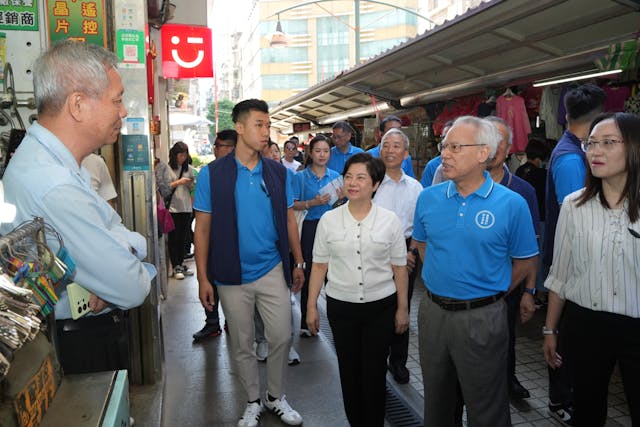
公務員體系需要增強危機意識
改善民生部分的一個弱點是,澳門仍高度依賴與內地教育機構合作培養人才。在理想的情況下,澳門應該加強其職業教育體系,為當地人提供更多的學習補貼,考慮建立一所教育大學來培訓更多的教師,並建立一所醫學院來培訓更多的本地醫生和護士,以應對這個充滿危險的時代,包括隨時有可能爆發的傳染病。
批判地來看,危機管理機制仍是改善民生最薄弱的一環。正如澳門發展歷史所示,一個小城市是無法承受強烈的颶風和颱風。因此,公務員隊伍不僅需要保持警惕,還需要增強危機意識,不斷進行演習和制定應急計劃,以避免任何自然災害的攻擊。就此而言,岑浩輝強調鞏固澳門執政能力和能力的必要,是競選綱領的最大特徵。這也是將澳門重新定位為一個能夠應對未來幾年任何挑戰、充滿活力的城市,一種最務實和最有遠見的做法。
總言之,岑浩輝及其競選團隊的敏銳、全面、準確以及持續改善澳門的決心是值得讚揚。他的競選團隊經理由私人企業和專業人士組成,他們對澳門公共行政過去和現在的問題都提出批判的觀點,而競選綱領的標題「奮發同行,持正革新」正好反映這準確務實的做法。
如果改革計劃順利實施,現階段將可為澳門重新定位為一個特殊的多元文化、經濟多元化和高質量城市,並在未來幾年加速與大灣區進行更深層次的社會經濟融合,我給與這份政治綱領80分(滿分100分)。
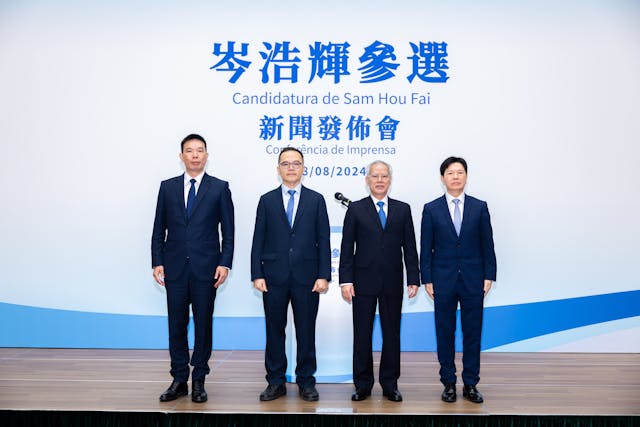
Analyzing the campaign platform of Macau Chief Executive election candidate Sam Hou Fai
“If implemented smoothly and successfully, Sam’s reform plan will certainly reposition Macau as a special multicultural, economically diversified, and ‘high-quality’ city in the current stage of accelerating deeper socio-economic integration with the GBA in the coming years”, says political scientist Sonny Lo, who gives 80 out 100 marks to Sam Hou Fai’s political platform
A careful reading of the campaign platform of Sam Hou Fai, the only candidate running for the Macau Chief Executive election, shows that he and his campaign team have already crafted an ambitious reform plan with vision and mission for the Macau Special Administrative Region (MSAR).
In many aspects, the reform plan focuses on improving the governing capacity and capability of the Macau government, while vowing to remake Macau as not only a city achieving the dual objectives of safeguarding China’s national security and perfecting the “one country, two systems” policy, but also a unique and multicultural enclave in South China. The plan envisions diversifying the economy away from casino-driven capitalism towards the development of multiple industries, utilizing the strengths of the mainland and through Macau’s deeper integration with Hengqin and the Greater Bay Area (GBA). If implemented smoothly and successfully, Sam’s reform plan will certainly reposition Macau as a special multicultural, economically diversified, and “high-quality” (a term that often appears in his platform) city in the current stage of accelerating deeper socio-economic integration with the GBA in the coming years.
What is striking in Sam’s campaign platform is that he and his campaign team have not placed foremost emphasis on the protection of national security, which is indeed mentioned and stressed in both the Introduction and the Conclusion, but is subsumed in the first section entitled “Elevating the Public Administration’s Governing Ability and Governing Standards.” Sam and his campaign team are pragmatic planners, recognising the need to improve Macau’s governing capability and standards as of utmost importance, although they do emphasize the significance of protecting national security, safety, and developmental interests.
Under the first section of improving governance, the platform discusses: (1) the elevation of policy-making standards scientifically; (2) the improvement of dynamic executive-legislative relations and the protection of judicial independence; (3) the deepening of administrative reforms and the reform of government departments’ responsibilities; (4) the improvement of leadership, managerial, and civil service systems; (5) the consolidation of legislative planning and the legal system; (6) the reform of the judiciary; (7) the protection of constitutional and Basic Law authority and the implementation of “patriots ruling Macau”; (8) the protection of the national security legal system; (9) the strengthening of clean government; (10) the improvement of the grassroots-level governing system; and (11) the promotion of ethnic harmony and the protection of religious and Macanese legal rights.
Sam Hou Fai and his campaign team should be commended on the sharpness, comprehensiveness, accuracy, and determination to improve Macau persistently.
The discussion of elevating the scientific policy-making standard refers to the involvement of “patriotic” interest groups, experts, and intellectuals in the policy formulation process. However, from a critical perspective, the usage of scientific data, such as statistics and survey results, has not been explicitly mentioned – a critical gap that may be addressed by Sam’s subordinates and secretaries in the coming years. The word “scientific” in the campaign platform refers narrowly to the co-optation of societal members and an increase in the proportion of experts from different occupational sectors in various advisory committees.
The talk on executive-legislative relations refers to their mutually “cooperative” dynamics, although Sam and his campaign managers are quick to emphasize that this “cooperative” dimension is more important than “mutual checks and balances” – a politically correct position to which they adhere. However, the discussion on judicial independence is interestingly focused on the need to train more staff members for the judiciary – a progressive step in judicial reforms.
The paragraph addressing the need to deepen public administrative reform and improve governmental structure and departmental duties is the most critical section concerning the civil service. It highlights the need to solve the problems of departmental “sinecure,” “overlapping duties and responsibilities,” “low efficiency,” and “the disarticulation between departmental powers and responsibilities.” It appears that Sam’s core campaign managers, who come from the private sector, have identified the weaknesses of Macau’s bureaucracy. It remains to be seen how Sam’s secretaries will produce concrete remedies and solutions. Similarly, it remains to be seen how the leadership, managerial, and civil service systems will be reformed, and how such reforms may relate to performance appraisal and promotion. If such reforms are disconnected from performance appraisal, civil service reform may not be as meaningful as conventional wisdom assumes.
The discussion on the need to strengthen legislative planning refers to the necessity of increasing the quantity and quality of bills initiated by the government – a measurable criterion, indeed.
The most interesting part of the public administrative reforms concerns the improvement of the judicial system. Sam’s previous experience as a court judge is evident here, as the campaign platform discusses the need to review litigation procedures, build an assistant system for the Court of Final Appeal and the Intermediary Court, and increase the efficiency, quality, and quantity of court cases – again, a clear yardstick for measuring reforms.
To protect the authority of the Chinese constitution and the Macau Basic Law, and to ensure “patriots ruling Macau,” the campaign platform mentions the need to revise existing legislation and statutes concerning public administration staff, leading civil service members, and legislators. This implies that legislative amendments will be necessary to update existing statutes and legislation relating to government office-bearers and legislators – a process similar to what has occurred in Hong Kong.
Other measures to protect national security refer to the implementation of national security education and national education, which have already been conducted in the MSAR.
The emphasis on clean government is noteworthy, as the campaign platform specifically refers to the dual role of the Audit Commission and the Independent Commission Against Corruption. As a former court judge dealing with the Ao Man-long scandal and the Ho Chio-meng case, Sam clearly understands the importance of internal checks and balances within public administration – an essential feature that curbs public maladministration and corruption in Macau.
The sub-section on improving the grassroots-level governing system mentions the role of social corporations, implying that housing organizations like mutual aid committees will need to undergo reforms in the future. Such reforms may necessitate greater engagement from ordinary citizens in participating in mutual aid committees so that their housing flats and buildings are managed in a better and safer way. In this aspect, the secretaries responsible for housing and home affairs will play a crucial role in grassroots-level governing reforms.
The final subsection under better governance is the promotion of ethnic harmony and the protection of religions, Macanese legal rights, customs, and culture. Since Sam was educated in Portugal at one time, his emphasis on the protection of Macanese legal rights, customs, and culture deserves attention and commendation. However, it remains to be seen whether more Macanese will be co-opted into the government’s advisory groups and committees, including the top policy-making Executive Council.
Section Two focuses on the acceleration and promotion of economic diversification – an area that demonstrates Sam and his campaign team’s accurate and profound understanding of Beijing’s expectations of Macau. The most innovative aspect of economic diversification in Sam’s campaign platform is the introduction of industrial funds that will be used to promote new industries, specifically information technology. Since economic diversification embraces other areas, such as big health, Chinese medicine, convention and exhibition centers, and finance, it remains to be seen how these industrial funds will be established, and which industries will be targeted. Sam and his campaign team are attuned to the usage of these funds, as the necessity of auditing and the implementation of proper financial and tax policies are mentioned. Thus, their sensitivity to good and clean governance permeates different sections of the campaign platform.
The most interesting part of the public administrative reforms concerns the improvement of the judicial system. Sam’s previous experience as a court judge is evident here.
Sam and his campaign team are keen to establish an environment favorable to trade and global competitiveness. They mention the need for highly skilled talents and data, but the specific details of implementation are unclear at this stage. One area that stands out, however, is the promotion and support of Small and Medium Enterprises (SMEs), demonstrating the team’s sensitivity to SME development. Yet again, it remains to be seen how Sam’s new government will implement this proposed measure.
When Sam announced his election bid, he used the term “barbaric” to describe casino development, prompting concern from some media professionals who speculated that he might rein in the development of casinos. However, given that Sam dealt with the corruption case of Ao Man-long, who was found guilty in 2012 of benefiting himself during the rapid construction of new casinos, his use of the term “barbaric” was understandable. This does not imply that Sam’s new government will control casino development; rather, the campaign platform pragmatically mentions the need to review casino development in accordance with the casino franchises. As such, the sub-section is titled “health and orderly development of gaming.” On the other hand, the negative aspects of casino capitalism, such as casino-related crimes, will be cracked down on, while casino employees will undergo on-the-job training. The status quo of casino development will persist, but it is unlikely that new casino development will proceed, given the emphasis on diversifying Macau’s economy away from casino capitalism.
Economic diversification in Macau is outlined in Sam’s campaign platform in two directions: consolidating the MSAR as a “world tourism and leisure center” and constructing a new structure of “multiple industries.” The redesign of the “world tourism and leisure center” focuses on collaboration with GBA cities, so that foreign and mainland tourists can visit various places during their journey to Macau. However, the new structures for new industries, such as sports events, cultural heritage sites, Chinese medicine, and green finance, remain to be clarified by Sam’s secretaries and the officials concerned. From a critical perspective, mere talks without concrete implementation structures will not be sufficient to propel Macau along the path of real economic diversification – a problem that has persisted in the MSAR over the past decade, as the term “economic diversification” has been discussed for years without much decisive leadership or concrete action from the top.
The third section of Sam’s campaign platform focuses on Macau’s integration with mainland China’s national development plans. This section contains key phrases such as “high-quality participation” in constructing the GBA, “deepening exchange and cooperation with the mainland,” “promoting the platform between China and Portugal,” “actively participating in the high-quality One Belt, One Road Initiative,” and participating in the “high-quality construction of a Sino-Western cultural base.” The entire section, from an analytical perspective, is politically correct but somewhat lacking in content.
I personally give 80 out of 100 marks to the campaign platform of Sam Hou Fai.
Given that the Forum for Economic and Trade Cooperation between China and Portuguese-speaking Countries was established in 2003, and in view of the fact that this forum is held every three years, Sam’s new government will likely fully utilize this mechanism to enhance relations between China and Portuguese-speaking countries in terms of trade and economic exchange. It is also likely that Sam, after being elected as the Macau Chief Executive, will soon visit Portugal and position Macau’s special role as another “super connector” between China and the Portuguese-speaking countries. The para-diplomatic role of Macau is expected to be consolidated under the new government of Sam Hou Fai.
A new feature of Sam’s campaign platform is that he and his campaign team have targeted the cultivation of educational and scientific talents as a policy priority for the Macau government. This target is accurate, practically speaking. From the 1980s to 1999, Macau relied heavily on talents from Hong Kong to develop its economy and higher education sector. Since December 1999, Macau has become increasingly dependent on mainland talents, although talents from other parts of the world, notably Portugal and some South Asians fluent in English, have been playing a crucial role in various occupational sectors.
However, it is time to enhance the cultivation of home-grown talents for Macau. The crux of the problem with Macau’s lack of a policy to develop local talents is that, from 1999 to the present, there has been a consistent lack of published statistical data on the manpower needs and situation in different occupational sectors. This problem exposes the absence of close partnership, coordination, and communication between government departments, the local vocational college and universities, and the industrial and occupational sectors concerned. Sam and his campaign team managers have not yet identified this issue. It is hoped that a triangular partnership between the new government, educational institutions, and industrial/occupational representatives will be established as soon as possible. The Macau government’s statistics department should also improve its surveys to ensure they are more targeted towards different occupational sectors and their manpower needs.
Some areas of his ambitious but doable reform plans remain to be hammered out in detail
As such, when Sam’s campaign platform mentions the term “mechanism” for improving talents, the term remains empty in content. If such a mechanism does not embrace the triangular partnership mentioned above, and if it is established without sufficient statistical data, Macau will likely continue to depend mostly on mainland talents in the coming years.
The closing section of Sam’s campaign platform mentions the need to safeguard and improve the people’s livelihood – an accurate target in accordance with the wishes of the central government in Beijing. There are some innovative and positive elements in the improvement of people’s livelihoods, such as the introduction of a study on a mandatory provident fund for the people of Macau so that social welfare will be enhanced, the possibility of cross-border elderly care services recognised and arranged by the government in partnership with non-governmental organizations, the strengthening of the training of medical and healthcare professionals in the mainland, the expansion of social/economic housing units, middle-class homes, and elderly homes, the usage of new energy vehicles, the promotion of urban redevelopment, especially for buildings over 40 years of age, the development of a new youth policy, and the further improvement of crisis management mechanisms.
The most innovative element is the idea of a mandatory provident fund. Given the widespread phenomenon of ageing in mainland China, Hong Kong, and Macau, it is timely for Macau to develop its services for the elderly, while also considering a population policy to stimulate the local birth rate, if not necessarily relying solely on the importation of young talents from the mainland.
One weakness in the section on improving people’s livelihoods is that Macau remains highly dependent on its collaboration with mainland education institutions to produce talents. Ideally, Macau should strengthen its vocational education system, provide more subsidies for local people to study, consider building an education university to train more teachers, and establish a medical school to train more local doctors and nurses in an era full of dangers, including the sudden eruption of infectious diseases.
The weakest measure of improving people’s livelihoods, from a critical perspective, remains the crisis management mechanism. As a small city, Macau cannot afford to withstand strong hurricanes and typhoons, as its history has shown. As such, the civil service will need to remain not only vigilant but also imbued with a crisis consciousness, with constant exercises and contingency plans in place to avert the onslaught of any natural disaster. In this regard, the emphasis of Sam and his campaign team on the necessity of consolidating Macau’s governing capacity and capability is the most significant characteristic of the campaign platform. It is also the most pragmatic and far-sighted approach to repositioning Macau as a vibrant city capable of facing any challenges in the coming years.
In conclusion, Sam Hou Fai and his campaign team should be commended on the sharpness, comprehensiveness, accuracy, and determination to improve Macau persistently. His campaign team managers are composed of private-sector professionals possessing a critical perspective on the previous and existing problems of public administration in Macau. The title of Sam’s campaign platform, namely “Diligently walking together and Persisting Reforms,” is indeed an accurate and pragmatic approach to repositioning Macau as a multicultural and vibrant city embracing the rapid socio-integration with the Greater Bay Area on the one hand, and meeting the national security and developmental needs as well as the demands of the central government in Beijing on the other hand. The emphases on legal reforms, vibrancy, cultural dynamics, and the people’s well-being cut through various sections of Sam’s campaign platform.
However, some areas of his ambitious but doable reform plans remain to be hammered out in detail by his secretaries and governing team members after being elected as the next Macau Chief Executive. From the perspective of a long-time but critical and constructive observer of Macau since the middle of the 1980s, I personally give 80 out of 100 marks to the campaign platform of Sam Hou Fai and his campaign managers, wishing them all the best to remake Macau as a city of vitality, vigor and success in the coming years, and hoping that his new government team will produce concrete measures to implement the innovative, practical and new ideas in his platform.
原刊於澳門新聞通訊社(MNA)網站,本社獲作者授權轉載。(原文按此)



